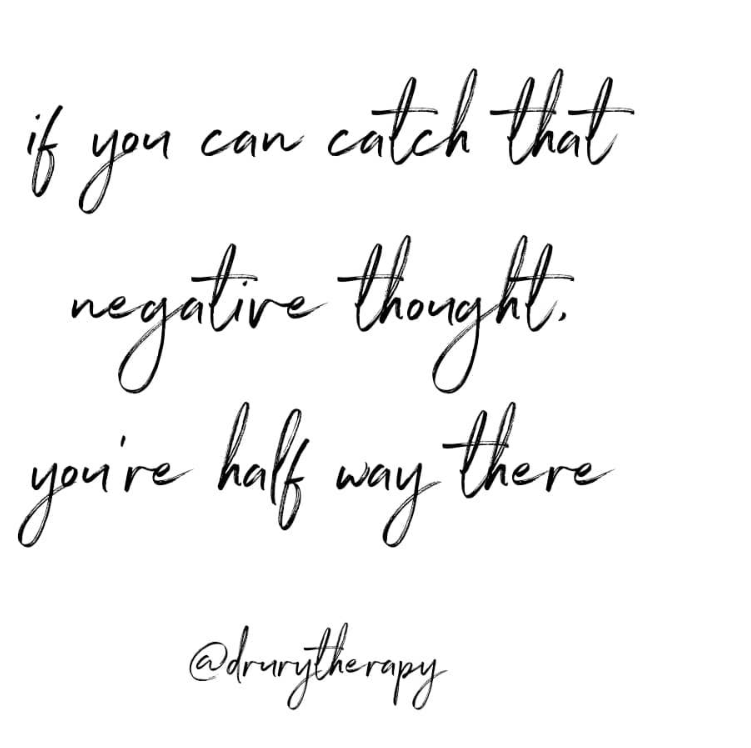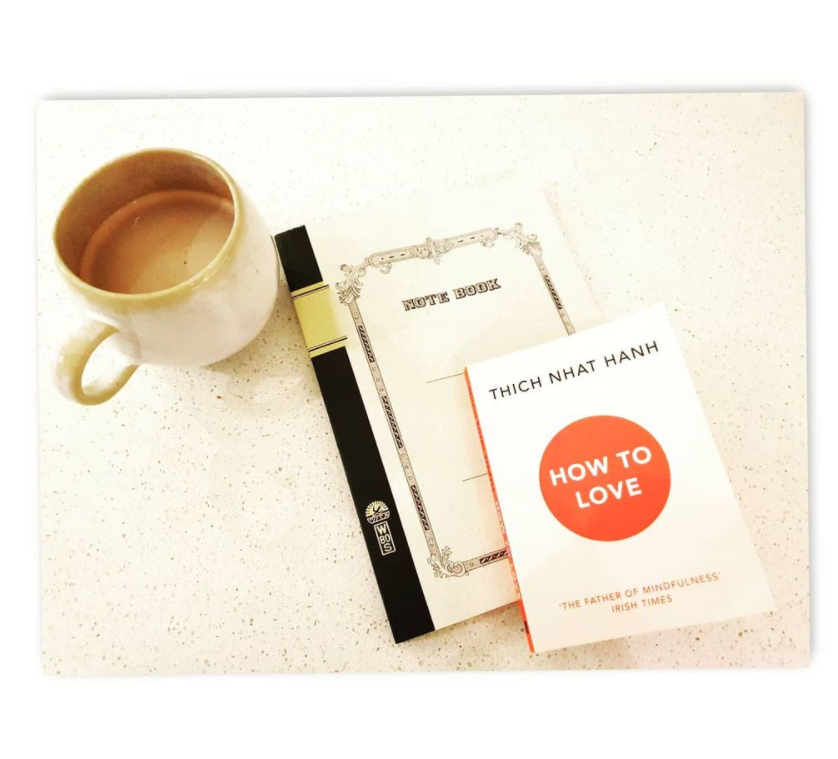How can sex aid a good nights sleep?
Struggling with your sleep? Here is a bit of research I did about how orgasms can assist with getting a good nights kip: One of the reasons why sexual activity may assist a good night sleep is due to the hormones that are released following climax. Endorphins are released during orgasms and have been found to work as relaxants. These hormones are a combination of Oxytocin (the love hormone) and Prolactin (the relaxation hormone) alongside the inhibition of Cortisol (the stress hormone) following climax. Research that has been done states that 70% of people report an increase in sleep quality of sleep with 62% increase the onset of sleep after achieving orgasm with a partner. While 54% of participants perceived orgasm following masturbation increased sleep quality with 47% reporting improved sleep onset (this is for men and women, though when broken down there is a discrepancy....that's for another post!)Only 3–6% of participants in studies done indicated that they felt they slept worse following sex that involved a partner and an orgasm. So if you are struggling to sleep, perhaps this can be a novel way of helping!




















